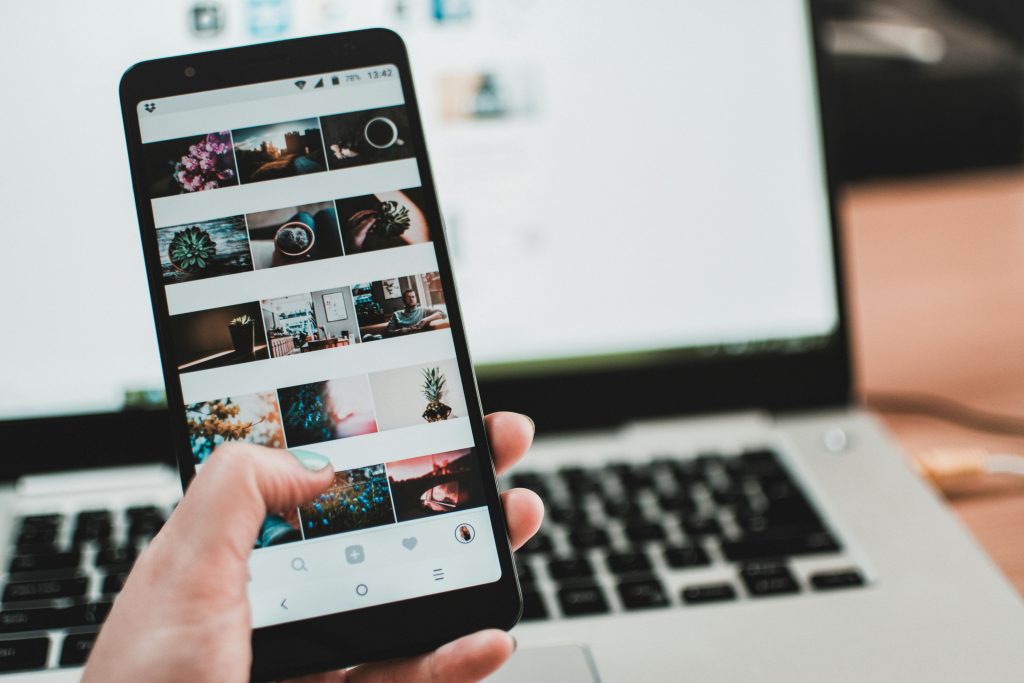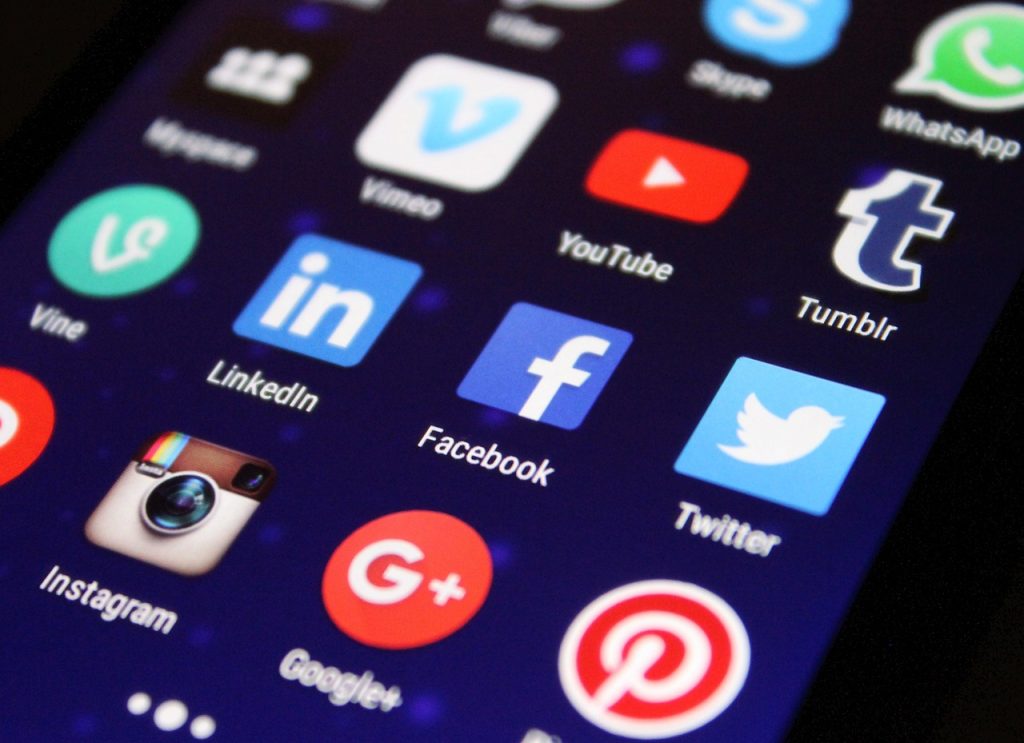
Introduction to Mobile App Marketing
In today’s digital era, mobile apps have become an essential part of people’s daily lives. Whether it’s shopping, banking, entertainment, fitness, or learning, apps are the go-to solution. However, creating an app is only the first step; making it successful requires effective mobile app marketing.
Mobile app marketing is the process of promoting your app to reach the right audience, increase visibility, drive downloads, and build long-term engagement. With millions of apps competing on app stores, having a solid marketing strategy is crucial to stand out.
This blog explores the importance of mobile app marketing, proven strategies, tools, and future trends to help you grow your app successfully.
Why Mobile App Marketing Matters
The global app economy is growing rapidly, with billions of downloads every year. But simply publishing an app on the App Store or Google Play does not guarantee success. Here’s why mobile app marketing is essential:
High Competition: Millions of apps are available, making visibility a challenge.
User Acquisition: Marketing attracts new users and increases downloads.
Retention & Engagement: Promoting your app helps build loyalty and keeps users active.
Monetization: Without marketing, generating revenue from apps is difficult.
Brand Awareness: Mobile app marketing strengthens your digital presence.
Key Strategies for Mobile App Marketing
Pre-Launch Mobile App Marketing
Market Research
Before launching, conduct research to identify your target audience, competitors, and industry trends. This ensures your mobile app marketing strategy aligns with user needs.
Create a Landing Page
A landing page showcasing your app features, benefits, and screenshots helps in early promotions and user sign-ups.
Beta Testing
Encourage early adopters to test your app and provide feedback. This builds trust and creates word-of-mouth promotion.
App Store Optimization (ASO)
App Store Optimization is like SEO for apps. It improves visibility and ranking in app stores.
Optimize App Title & Keywords
Use relevant keywords like mobile app marketing, app growth, and app promotion to rank higher.
Eye-Catching Icons & Screenshots
Attractive visuals increase the chances of downloads.
Positive Reviews & Ratings
Encourage users to leave feedback as it builds credibility and boosts rankings.
Post-Launch Mobile App Marketing Strategies
Social Media Marketing
Promote your app on platforms like Facebook, Instagram, LinkedIn, and Twitter. Engaging posts, reels, and ads can attract a massive audience.
Content Marketing
Blogs, videos, and infographics showcasing app benefits help drive organic traffic.
Influencer Marketing
Partnering with influencers allows your app to reach a targeted audience quickly.
Paid Advertising
Run campaigns on Google Ads, Facebook Ads, and in-app advertising networks to generate downloads.
Mobile App Marketing Tools
Successful marketing requires the right tools for analytics, automation, and engagement.
Firebase Analytics – Track user behavior.
AppsFlyer – Mobile attribution and performance tracking.
Google Ads – Run app install campaigns.
Branch.io – Deep linking and referral tracking.
Mailchimp – Email automation for app users.
Retention Strategies in Mobile App Marketing
Acquiring users is important, but retaining them ensures long-term success.
Push Notifications
Personalized messages remind users about updates, offers, or abandoned actions.
In-App Messages
Engage users with onboarding tips, offers, and interactive messages.
Loyalty Programs
Reward users for frequent engagement to build retention.
Regular Updates
Continuously improving features keeps users satisfied and engaged.
Measuring Success in Mobile App Marketing
To evaluate effectiveness, track these KPIs:
App Downloads
Daily Active Users (DAU)
Monthly Active Users (MAU)
Retention Rate
Churn Rate
Customer Lifetime Value (CLV)
Analytics tools like Firebase, Mixpanel, and Adjust help track performance and refine strategies.
Future Trends in Mobile App Marketing
The future of mobile app marketing will be driven by AI, personalization, and advanced technologies:
Artificial Intelligence (AI) for predictive analysis and personalized recommendations.
Voice Search Optimization for apps integrated with Alexa, Siri, and Google Assistant.
Augmented Reality (AR) & Virtual Reality (VR) to enhance app experiences.
5G Technology enabling faster and smoother app usage.
Video Marketing & Short Reels dominating promotions.


